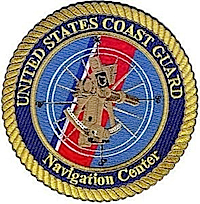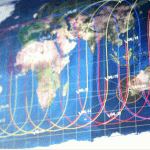
The U.S. Coast Guard Navigation Center (NAVCEN) has issued an alert today (February 2, 2015) regarding problems with some brands and models of GPS receivers as the result of inclusion of information about a future leap second.
The U.S. Coast Guard Navigation Center (NAVCEN) has issued an alert today (February 2, 2015) regarding problems with some brands and models of GPS receivers as the result of inclusion of information about a future leap second.
On January 21, GPS navigation messages began to include future leap second data indicating an addition to the leap second that will go into effect at the end of June 2015. Rick Hamilton, the NAVCEN GPS Information Analysis Team lead, says that the data upload for the June 30 leap second, initiated with GPS satellite SVN48/PRN07 at 18:33:56 UTC on January 21, was correctly executed.
However, Hamilton says, several brands/models of GPS receivers “seem to be mishandling this information and applying the leap second now,” which is creating a negative one-second offset in faulty receivers. The U.S. Coast Guard Navigation Center has received reports of these receivers causing synchronization issues with radios, computer systems, and data logging equipment.
IS-GPS-200 revision H, dated September 24, 2013, paragraph 20.3.3.5.2.4 Coordinated Universal Time (UTC), documents the appropriate algorithm details to ensure correct utilization of the parameters above (including all potential truncated week number transitions and variations in time of processing relative to satellite upload timing near implementation of the future leap second).
Hamilton says that users experiencing issues with GPS receivers that began on January 21 should contact the receiver manufacturer to determine if the latest firmware or software patch can correct the issue.





